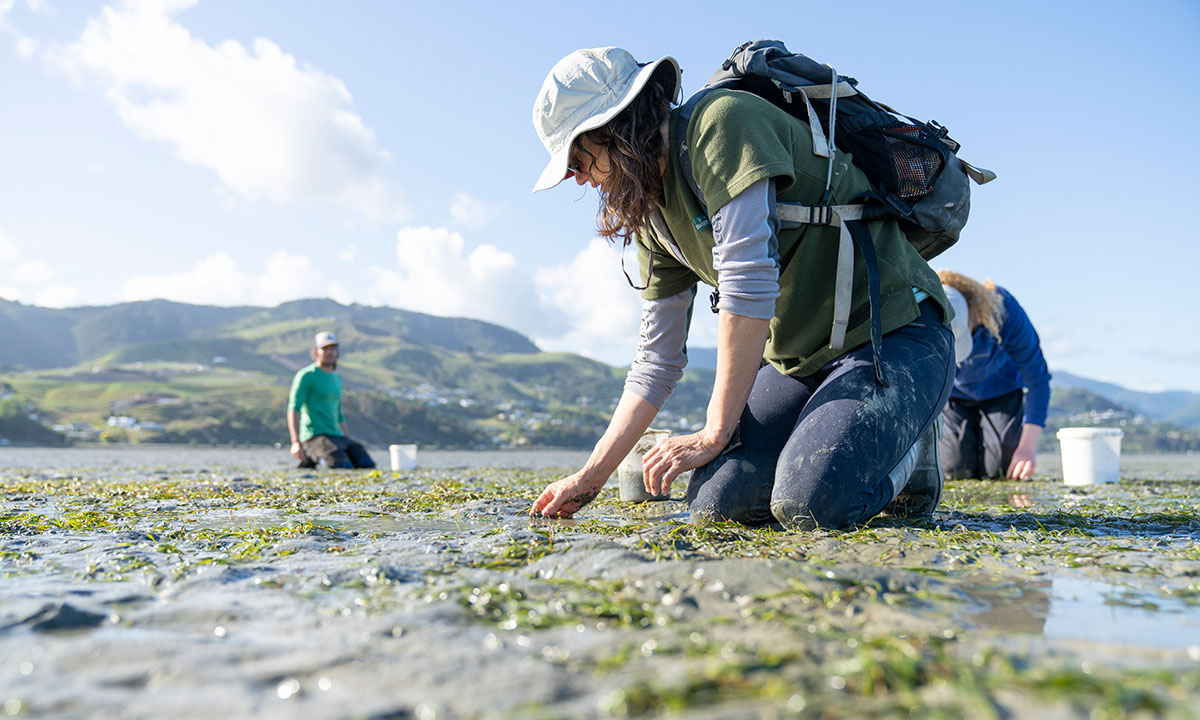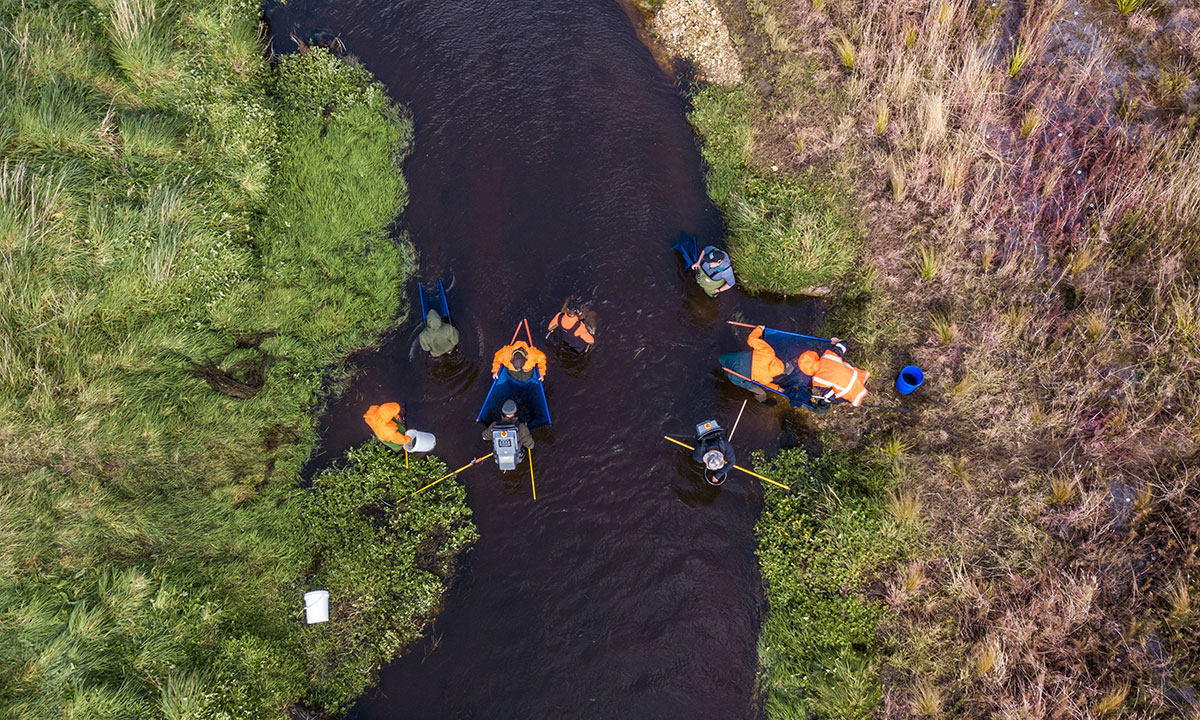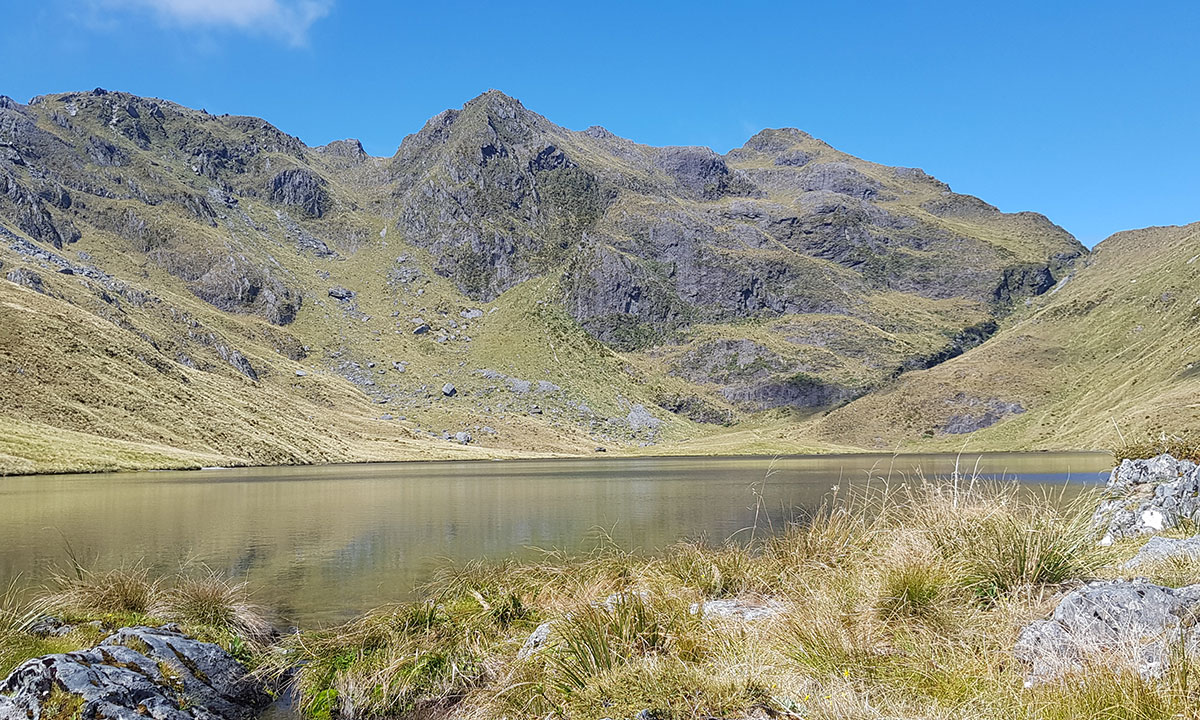Sailing for Science
Plankton Planet project brings citizen scientists on-board with biodiversity monitoring efforts in the Pacific Ocean.
The challenge:
While we have a lot of data about the state of our oceans, for example how warm or acidic they are, we know little about their biodiversity, i.e. what lives within them, where, and in what quantity. Without this information it is difficult to make informed decisions about how to manage our oceans and protect their ecosystems.
Our science solution:
In 2015, Plankton Planet began its mission to empower a range of people, from French Navy officers to recreational sailors, to become citizen scientists and collect invaluable data about plankton and the ocean’s microbiome while traversing the Pacific Ocean. Cawthron Institute was a partner in this international research consortium dedicated to measuring the invisible life in our oceans.
The first phase of the Plankton Planet project is complete, but Cawthron researchers are leveraging its outcomes and spearheading a new phase involving the development of a new monitoring tool that can be towed behind a boat at high-speed, collecting environmental DNA samples from the water that can be sent on to a laboratory for analysis when the boat reaches its next port.
During the recent Ocean Race 2023, we also enabled the 11th Hour Racing Team to achieved a remarkable feat by equipping their boat with in-vessel eDNA collection capability, marking an exciting milestone in the citizen science Ocean Race program. Using the OceanPack equipment already onboard their boat, we equipped the sailing crew with self-desiccatting eDNA filters used during the race. This process involves capturing the environmental DNA (eDNA) shed by organisms into their surroundings. By breaking down the genetic material from these water samples, we were able to identify and track the presence of a myriad of species without direct observation across the entire Atlantic latitudinal gradient of the race Leg 4 (Atajai Brasil to Newport USA). The 11th hour boat is the first in the world to win the Ocean Race while collecting eDNA for biodiversity assessment. This innovative and non-invasive approach has the potential to significantly enhance our understanding of marine ecosystems and the overall health of the oceans that the team sails through – scaling this up is a critical part of our next endeavours.
Cawthron Institute lead researcher Dr Xavier Pochon says Cawthron is also applying this same technology across other relevant fields, including detecting important freshwater species of shellfish and eel in lakes and rivers and detecting invasive marine pests. For most of these applications, Dr Pochon has a strong focus on community empowerment, and uses the tool as the basis of science communication and citizen science initiatives with a diverse range of community groups.
“I strongly believe that the tools we are developing can transform our ability to monitor the health of our aquatic ecosystems and therefore it is essential to share this knowledge in a way that everyone can understand.”
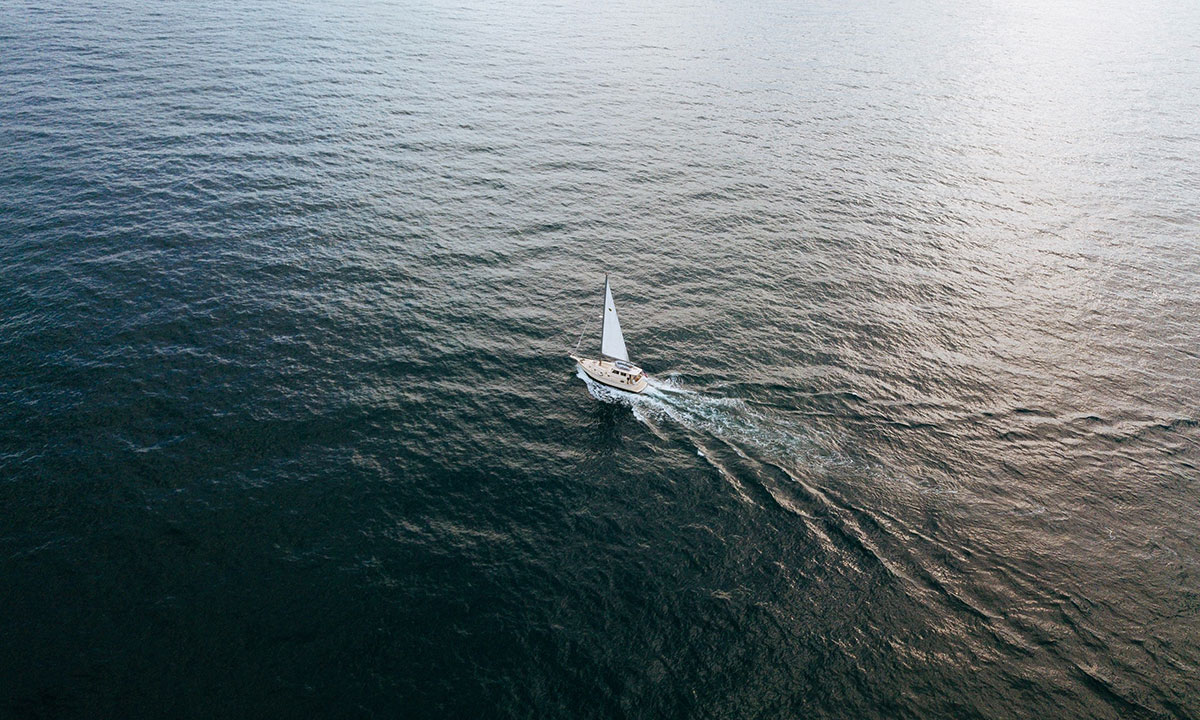
Image: Unsplash. Matthias Jordan.
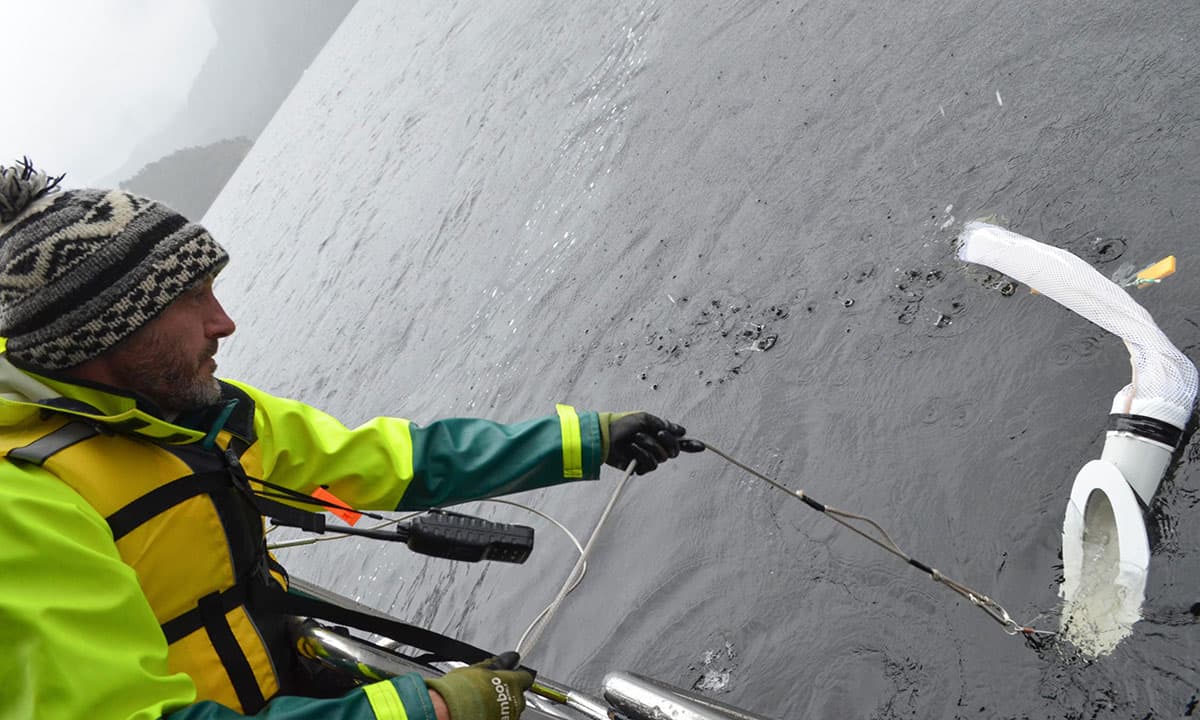
Image: Cawthron Institute. Dr Xavier Pochon deploys a cruising speed net to collect environmental DNA samples.
Other projects that are supporting healthy ecosystems…
The Superpowers of Seagrass
Boosting blue carbon capture by restoring and protecting coastal ecosystem health
Healthy Habitats, Happy Fish
Providing climate refuge for native fish in our freshwater environments.
Contact us
Do you have a query about investing in science solutions that support healthy ecosystems? Get in touch with our team using the form below.
